Are you worried about a generator damaging your refrigerator? I have great news for you! Our team here at Generatorist has helped over 600,000 visitors find information about generators and we will help you as well.
Let’s begin.
THE KEY TAKEAWAY:
To power a modern refrigerator with a freezer, it’s important to select an appropriate generator. Look for an inverter generator with at least 2000 starting watts to ensure sufficient power. Good options to consider are the Yamaha EF2000iSv2, WEN 56200i, or Generac GP2200i. These models are suitable for running most fridges safely, as they typically require between 800 and 1200 starting watts.
However, when choosing a generator, it’s crucial to consider the total harmonic distortion (THD) it produces. Some fridges have microprocessors that can be sensitive to high THD levels. Therefore, it’s essential to select a generator with low THD to prevent potential damage to your refrigerator.
In summary, while a generator can power a refrigerator, it’s important to choose one with sufficient starting watts and low THD to ensure the safe operation of your fridge and protect it from any potential harm.
When the power goes out in your home for any sort of prolonged period, one of your biggest concerns will likely be the food in the refrigerator going bad.
If the fridge goes long enough without any electricity, you’ll have no real choice but to start throwing things away; otherwise, you run the risk of getting yourself and your family very sick from eating spoiled food.
If you own a generator, though, you may just be able to keep your food items cold or frozen until the power is eventually restored to your home.
Before you hook your refrigerator up to a generator, though, it’s important to make sure that you’re doing it safely and using the right type of generator.
After all, you don’t want to get your power back and preserve your food, only to find out that you’ve accidentally damaged your fridge.
Here, we’ll cover the ins and outs of using a generator to keep your refrigerator running and in great condition.
Then, the next time a windstorm or heavy snowfall leaves you without electricity, you’ll have complete confidence that you can save all the food you bought with your hard-earned money.
Is It Safe to Run Your Refrigerator on a Generator?
Because refrigerators typically require quite a bit of electricity, people are often unsure about running them on generators.
Generally speaking, though, it’s completely safe to run your refrigerator on a generator as long as the generator has a high enough watt allowance.
Specifically, the watt capacity of the generator should be higher than the starting watt consumption of the fridge.
As long as that’s the case, the generator should have sufficient power to safely keep the refrigerator running without causing any problems.
If you go for an inverter generator that is capable of producing at least 2000 starting watts (Yamaha EF2000iSv2, WEN 56200i or Generac GP2200i), you will be able to power any medium-sized refrigerator with a freezer easily.
No matter which of these generators you choose, you can rest assured that you’re getting a high-quality, reliable, and efficient machine that will provide you with years of reliable power.
Also, size is not the only aspect you need to consider while choosing your generator.
Does your fridge come with a smart control panel and various sensors? Then your fridge will probably have microprocessors built into it.
In such a case, you need to choose an inverter generator as the regular one usually has a high total harmonic distortion (THD) that could damage or even destroy those microprocessors.
What Size Generator Is Needed to Run a Refrigerator?
First and foremost, it’s important to note that every refrigerator is different. For this reason, there’s no universal rule for what size a generator needs to be to safely and effectively run a refrigerator.
Ultimately, you just need to make sure that the generator you’re using has high enough wattage for the specific requirements of your fridge.
On average, modern refrigerators will have a starting watt consumption of between 900 and 1,200 watts, but with some models, that number will be as high as 2,000.
So, before you plug your generator into your refrigerator, it’s imperative that you check the manufacturer’s manual for the fridge to verify the amount of electricity it uses.
Here is our guide to choosing the best generator for your refrigerator that provides more details about the power consumption of the most popular types of fridges.
As long as your generator’s wattage is higher than the refrigerator’s watt consumption, there shouldn’t be any issues.
To be safe, many experts recommend using a generator that delivers at least 2,000 watts of starting power to keep your refrigerator and freezer running properly.
THE TAKE-HOME MESSAGE IS THIS:
f you’re looking to power a medium-sized refrigerator with a freezer using an inverter generator, it’s important to choose one with enough starting wattage. This is because refrigerators and freezers require more power when they first start up than they do while running normally.
To ensure that your appliance runs smoothly, you’ll want to select an inverter generator with a starting wattage of at least 2000 watts. Good options include the Yamaha EF2000iSv2, WEN 56200i, and Generac GP2200i.
With any of these models, you can be confident that you’ll have enough power to operate your refrigerator and freezer without any issues.
How Can a Generator Damage a Refrigerator or Freezer?
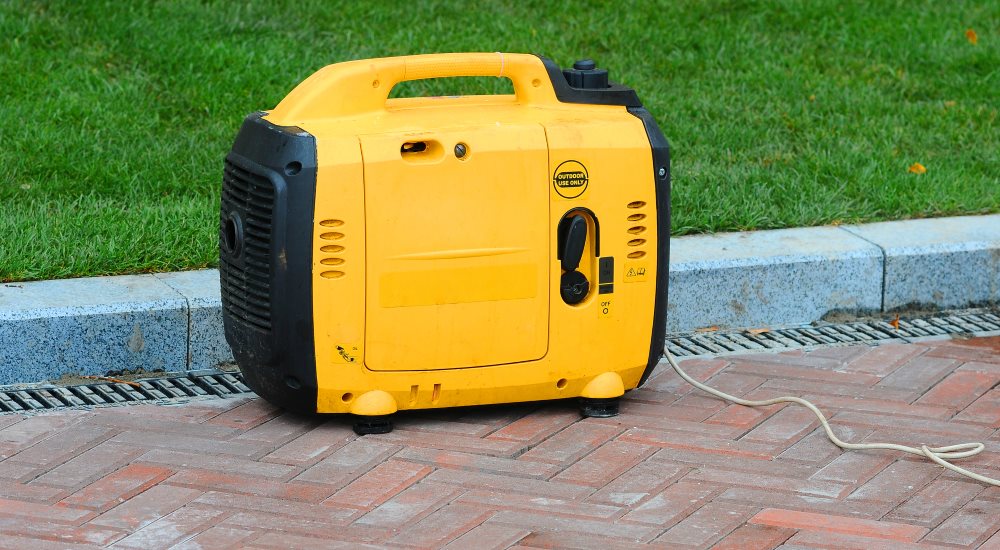
If a generator becomes overloaded while connected to a refrigerator, it’s possible for the generator, refrigerator, and freezer to become damaged. There are a couple of different ways that this might happen.
For one, if you have the generator hooked up to other appliances in addition to the refrigerator, the combined power consumption (here is our list of power consumption of the most common household appliances) may become too much for the generator to handle, in which case the generator and the appliances may be damaged.
In other cases, a refrigerator may become damaged because its watt consumption is too high for the generator.
As a refrigerator runs, its compressor regularly switches on and off to maintain the correct temperature, and if the generator doesn’t have enough power to support those occurrences, it can become a problem.
Eventually, both the refrigerator and the generator will most likely suffer damage. Some of the parts within the fridge that may be negatively affected include the compressor, the expansion valve, and other electrical components.
Can a Power Surge Damage a Refrigerator?
For the most part, it’s pretty rare for appliances to be damaged by a power surge, but it can certainly happen. When it does occur, it’s most commonly the result of lightning strikes, and refrigerators aren’t necessarily immune.
When a power surge takes place due to lightning, it can potentially cause damage to the fuses on your refrigerator’s circuit board or its motor.
It’s also possible for your refrigerator to become damaged when the electricity returns following a power outage. When the power comes back on, it often results in the fridge experiencing low voltage, which can overheat its wiring and damage its motor.
Fortunately, there are a couple of simple ways that you can keep your refrigerator protected from power surges.
One effective option is to purchase a quality surge protector for your fridge. Certain models are designed specifically to protect refrigerators from power surges, and you should make sure to select one of those.
(Refrigmatic WS-36300 or ProtectX-RG are both excellent surge protectors that will get the job done)
The most foolproof way to keep your fridge safe from power surges, though, is to unplug it.
If the power goes out or you have advanced knowledge of an upcoming lightning storm, you can unplug your refrigerator from your home’s power and run it on your generator instead.
That way, your food will still remain nice and cold, but if a power surge occurs, there won’t be any risk to the refrigerator.
How Long Can a Refrigerator Run on a Generator?
Technically, as long as your generator is powerful enough and you have a sufficient amount of fuel, it should be able to keep your refrigerator running for as long as you need it to.
That said, keeping it running for hours upon hours will require quite a bit of fuel, and there isn’t really any reason why doing so should be necessary.
It’s important to understand that the interior of your refrigerator doesn’t immediately become warm when the fridge loses power.
Instead, the temperature will gradually rise over several hours, and in truth, you only need to run it with a generator enough to keep it cold.
Although the exact timeframe will vary with different refrigerators, most fridges will remain cold for roughly four hours after losing power, provided that the door stays closed.
Then, once you hook the generator up to the refrigerator, powering it for one hour should be enough to keep the interior temperature stable for another four hours. You should be able to continue in this manner until the power is restored to your home.
Tips for Running a Refrigerator on a Generator Efficiently
To be as safe and efficient as possible while running your refrigerator on a generator, it’s always a good idea to follow these helpful tips.
- Always verify the wattage of the refrigerator and the generator before you hook them up.
- Only run the generator as much as needed to keep the refrigerator consistently cold.
- Before connecting the refrigerator to the generator, start the generator up and allow it to run for a few minutes.
- Thoroughly read the generator’s manufacturer’s manual before you begin.
- Keep the refrigerator’s door closed whenever possible.
- Make sure that you place the generator on a flat surface.
- Note that inverter generators are more energy efficient when running fewer appliances and also quieter.
- Never refuel your generator while running! Also, you need to let it cool down before you can refuel it.
Can You Run a Fridge on a Portable Power Station Like Jackery?
If you’re using a portable power station that’s powerful enough for the refrigerator, you should be able to run it for several hours without any problems.
For example, the Jackery Explorer 1000 can run a refrigerator rated at under 1,000 watts for up to seven hours.
However, other portable power stations, such as the Jackery Explorer 240, may only be powerful enough to run a mini-fridge for a few hours.
The only way to know for sure is to verify the wattage of the portable power station as well as the refrigerator you’re intending to run.
How to Avoid Damaging Your Appliances When Using a Generator
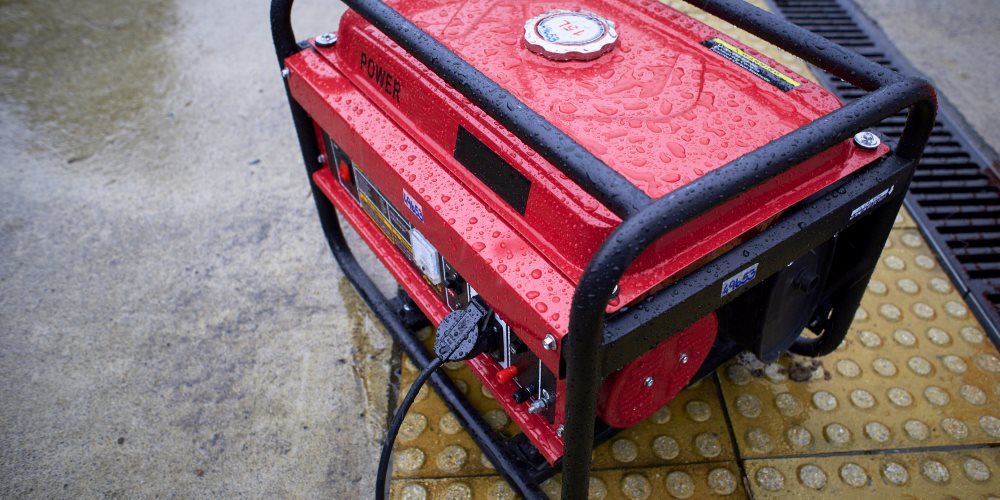
Having your household appliances repaired or replaced is not only a hassle, but it also tends to cost a lot of money. So, it goes without saying that you don’t want to accidentally damage them while powering them with a generator.
Fortunately, as long as you know what you’re doing and take the proper precautions, there’s no reason any of your appliances need to be at risk.
Below, you’ll find a few tips for keeping them safe when using a generator.
AVOID OVERLOADING THE GENERATOR
Whether you’re using your generator to power one appliance or several appliances, you should always double-check that the generator has enough wattage for the job.
If you feel like you might be pushing it, it’s always better to play it safe.
USE SHORTER EXTENSION CORDS
Generators can be very loud, which leads many homeowners to place them as far away from their living space as possible. Doing so is fine as long as you use a heavy-duty, 12-gauge extension cord.
However, even with a 12-gauge cord, you don’t want the cord length to exceed 100 feet; otherwise, the resulting voltage drop can lead to both the generator and the appliances becoming damaged.
RUN THE GENERATOR ON A LEVEL SURFACE
Many generators keep their components lubricated by using “dippers” to scoop up the oil and splash it onto the different moving parts.
However, if the generator is placed on a slope, those dippers may not be able to reach the oil. When that happens, some parts of the engine may run dry, which can result in significant damage to the generator and/or the connected appliances.
Safety Tips While Running a Generator
Whenever you need to break out the generator in your home, safety should always be the top priority. Whenever you’re working with fuel and electricity, there are inherent risks, and you should always be as cautious as possible.
To make sure that you, your family, and your home remain safe, keep these tips in mind while using a generator.
AVOID REFUELING WHILE THE GENERATOR IS RUNNING
Before you refuel your generator, you should always wait until it’s no longer running and fully cooled down. Otherwise, you may run the risk of the fuel igniting, which will put you, your family, and your home at serious risk.
KEEP THE GENERATOR DRY
It’s imperative that you keep your generator as dry as possible at all times to eliminate the risk of electrocution. Avoid using the generator in rainy conditions or touching it with wet hands under any circumstances.
Feel free to read more about this topic in our article here: Can I Run a Generator in the Rain & Can It Get Wet?
AVOID RUNNING THE GENERATOR IN AN ENCLOSED SPACE
To avoid the risk of carbon monoxide poisoning, you should never run your generator inside your home, garage, basement, crawlspace, or any other partially enclosed area.
From 2005 to 2017, in the United States, 1061 people died from the use of engine-driven tools and 880 of those deaths were caused by generators. It’s better to be safe than sorry!
STORE THE FUEL SAFELY
When it comes to your generator’s fuel, you should always use the type of fuel recommended in the generator’s manual and keep it stored in an approved safety can.
For those running portable generators, the Louisiana State Fire Marshal’s office provides additional safety guidelines to ensure public safety:
- Do not place generators inside of any structure including garages, carports, and sheds, regardless of doors remaining open
- Instead, place the generator at least 20 feet away from your home, and your neighbor’s home, downwind away from open doors, windows, and vents
- Before refueling, turn the generator off and allow it to cool for 15-20 minutes
- Never try to power the house wiring by plugging the generator into a wall outlet
- Instead, use a heavy-duty, outdoor extension cord to plug appliances into generators
- Have a fire extinguisher nearby
- Have a carbon monoxide monitor for your home!
The Bottom Line
Ultimately, whether you’re using a generator to run your refrigerator or any other home appliance, what’s most important is that you’re careful and attentive.
As long as you take the time to read instructions, double-check everything, and practice proper safety measures, you can avoid any risk to your family, your home, your appliances, or your perishable food.
If you’re willing to put in the time and effort to use it properly, having a generator can be an absolute lifesaver when the power goes out.
If you’re careless, though, a generator can be a dangerous piece of equipment. So, remember these tips, think before you act, and always use your generator with extreme care.
Read next on Generatorist:
- Choosing the Best Generator for Your Household
- What Size Generator Do I Need to Run a Refrigerator?
- Best 2000 Watt Portable Generators
- Power Consumption of Household Appliances
- How to Store Your Portable Generator: Short Term & Long Term Storage Tips
- List of Electric Appliances & Their Wattage Usage
- What Can You Run on a 2000 Watt Generator?
- How to Easily Tune Up Your Generator
About Generatorist

Matthew Gerther
Founder, Generator enthusiast
Our aim here at the Generatorist is to become the No. 1 resource for all things related to generators & your power needs. We have helped over 600,000 visitors with our tips, articles and reviews and we will help you as well.
Our work has been featured in many publications around the world – Yahoo.com, Telegram.com, PaylessPower.com, PopSci.com, TopTenReviews.com, TechRepublic.com, iRV2.com, ThePrepared.com, Renogy.com or ADT Solar. Generators are our passion, and we strive to provide the most reliable & most comprehensive information out there.

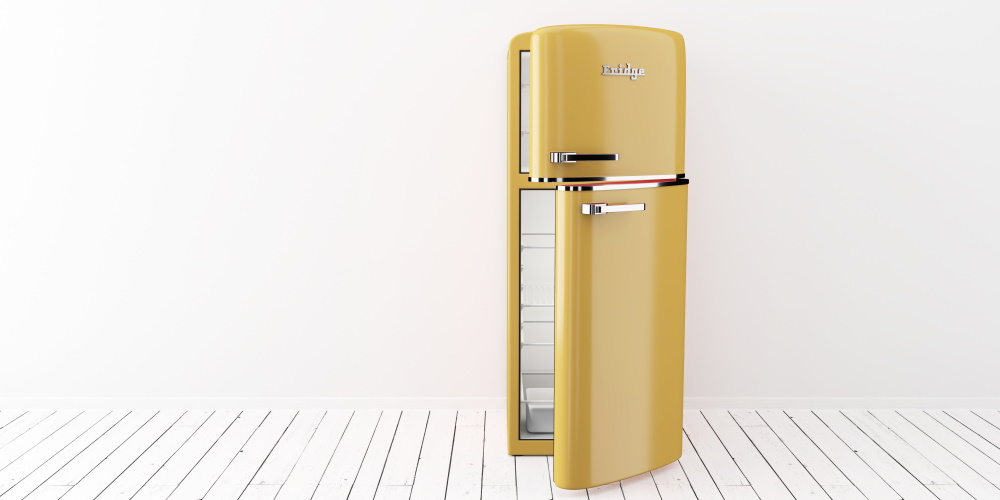


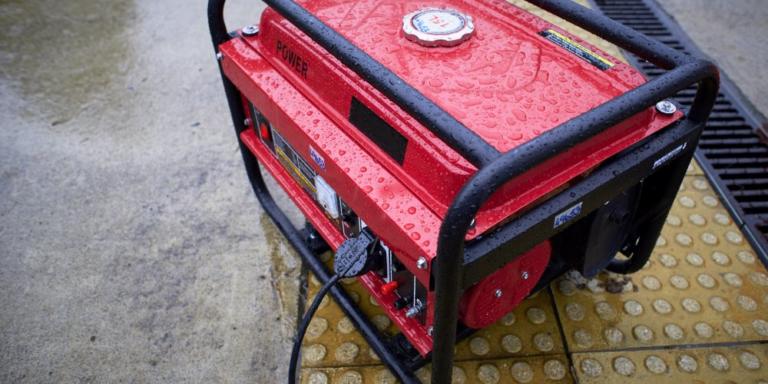
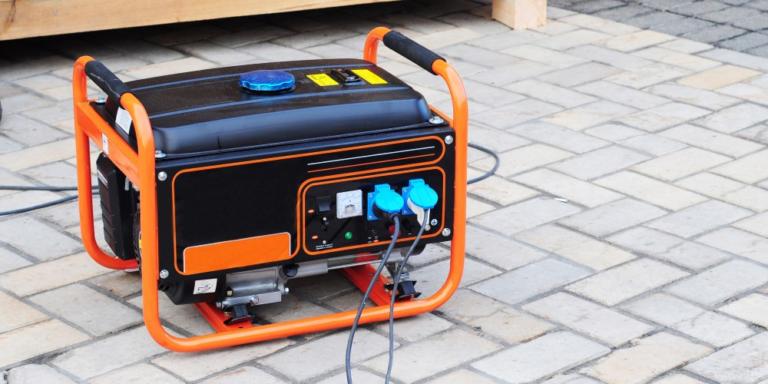
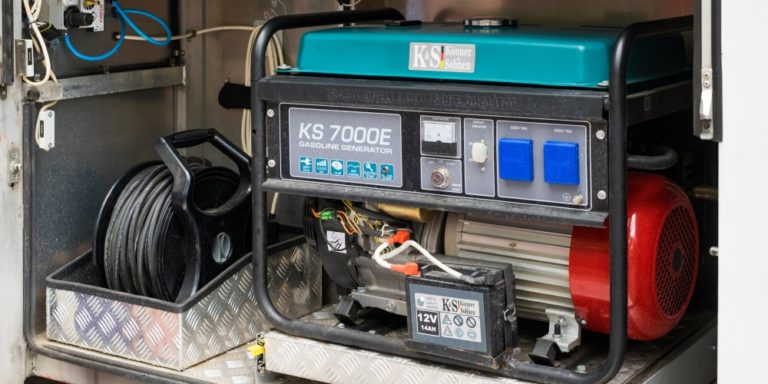


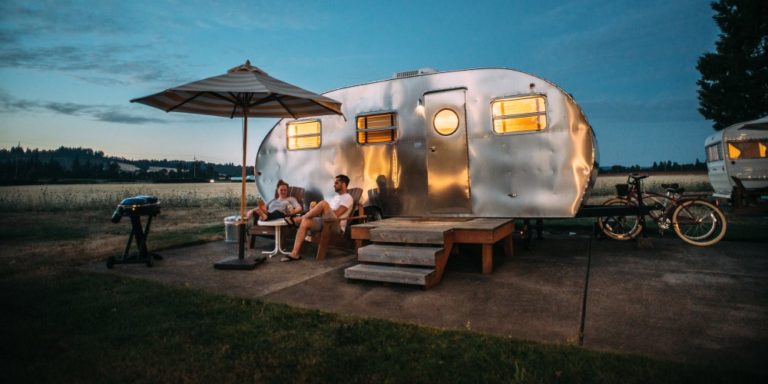
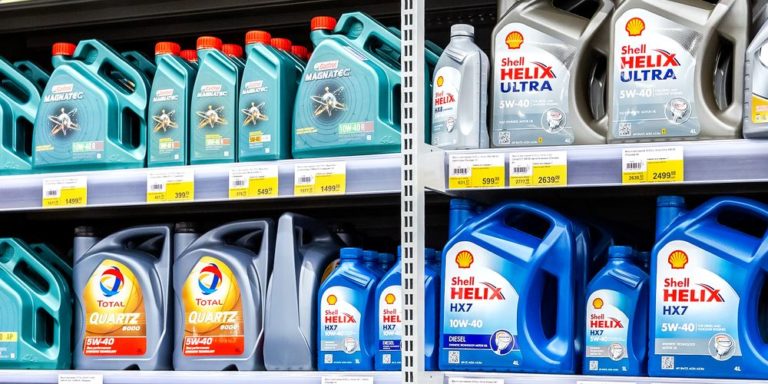
2 thoughts on “Can a Generator Damage a Refrigerator? Safety Tips & More”
I have read that some refrigerators will simply not start up on generator power. Have you had this experience? Some people have recommended an inverter generator in order to produce cleaner power with less total harmonic distortion. And people say to use a generator that can supply enough wattage for start up as well as running.
But even with an inverter generator, plenty of wattage, and a correctly installed interlock kit, my KitchenAid refrigerator will only work on city power. Do you have any ideas or experience with this situation?
I noticed your comment about damaging a refrigerator compressor froma generator with “high THD”, but you don’t say what is high THD?
Where can I find info on these generator output THD? Most manufacturers won’t tell you.